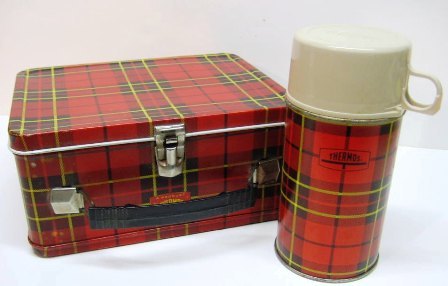Answering Writers' Questions

This week I thought it would be fun to answer some questions that fellow writers sent me. I offer these writing issues with my personal opinions for possible solutions.
Let’s begin with a big one I get asked repeatedly:
I want to write but I just can’t find a way to begin. I’m blocked. I feel the words but can’t get them down on paper. Now I’m not sure I’ll ever write. ~Susan, Calif.
Hi Susan. First, I don’t believe in writer’s block (never did). I think I can help you with my trick. When I feel overwhelmed with lots of ideas, I do a brain dump. I have a variety of notebooks for just this sort of issue. First, I have a notebook for “ideas.” These are the random things I think about but aren’t sure what to do with them yet. Then I have a notebook for every book/project I’m working on. I keep those ideas together and that’s to be sure I don’t lose any story gems I think about but can’t write about just yet. Next, I have a notebook for research. You know those things you learn but it isn’t trivia and it isn’t a story (yet) but you think you might need it? I call this my Random Facts book. Very handy. With these notebooks, I ensure that my ideas are captured and my brain is emptied of the clutter. This allows me to have a sharper focus on what I need or want to do and I’m not fighting my own ideas.
Then you just begin. Don’t worry if it isn’t the actual beginning of a story or novel. Just start writing. Aren’t sure where the story is going to go? Don’t rub that wound, just let the writing out. Go ahead and do that crazy dialogue you’ve been fuming over. Write that creative description of that house. Take the car ride and tell us what you see. Just start. The rest will come. Hope this helps.
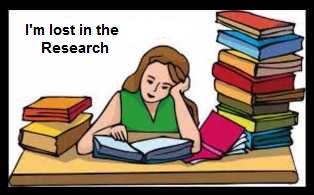
I have to do research for my story but I don’t know how to stop. I love it and my writing stops when I start searching. Then It’s hard to start again. ~Ted, MD
Good question, Ted. I love research too. I confess I’ve spent days lost in my search for cool stuff. When I was writing THE GYPSY THORN, I learned so much history, reading about Vienna, trade routes, churches and royalty that I felt I could write a college paper with ease. I printed off gobs of goodies and that is my secret. First, as I told Susan (above), you jot your notes down or you print the stuff off the computer (be sure to keep your bibliography and NEVER plagiarize from others). I like to be able to re-read my research later. To be sure I don’t get lost I either set a timer and stick to it or set aside a day just for that one thing. Then I don’t feel guilty or feel as though I’ve neglected my main work. When I find what I need I stop (most of the time). If I have found other goodies, I bookmark or make the notes in my notebook for the next designated research time. I recommend no more than three days a week if you have a great deal to do or an hour a day if that is more to your needs. Remember when you have your info to go back to that place and start writing about it. This would be in your first draft so don’t worry if it isn’t all “perfect.” Time to fix it later. You’ll do great. Happy hunting.
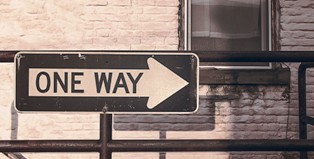
Since when do we take nouns and make them verbs? Don’t we have real words that we can use? ~Mary, GA
Hi Mary. I’m going to confess your question made me laugh. I often complain about language and how it’s used by others. In this case, I think I see what you mean. For example, author becomes “authoring,” right? And the one that bugs me is “adult” becomes “adulating.” It is curious how words become fads and then go mainstream so fast. But sometimes there just aren’t any words that accurately describe a thing. Take “groovy.” The word was a jazz term in the 1920’s and mean the player was “in the groove” of the music which came when vinyl records were produced. When the music was “swinging” or “in the pocket” it was in the groove (as in the lay of the record). So in the 60’s, the word matched the feel of a new generation of music and once again, it described the sensation but for a new style of music. It was still the same word but with a new generation of applied feeling. So it is with authoring. I suppose you can say “I’m working on my author duties,” or “I’m making my plans for selling books” but in the spirt of being to the point and succinct, authoring will do. I’ve done the same with words. I’ve used this technique in poetry with great success, Check out my poems The Paper Cut Murder or The Hangnail Prison. My word “dump-trucked” drew lots of laughter but my book PAPER BONES won awards. I think you should try your hand at creating new words for what you need to say. And I will agree – we say “authoring” and “adulting” waaaay too much. I’m going to make a note for myself. Thanks!
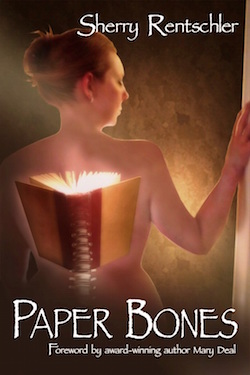 There’s too much to learn and I just want to write. ~Chrystal, TN
There’s too much to learn and I just want to write. ~Chrystal, TN
Oh I feel this one! I have said the same thing, Chrystal. Writers, as with any profession, are constantly learning their craft. Writing isn’t something you learn once and then go write. Formatting always changes, style changes, even how to write effective dialogue improves and sharpens. Strong writers are plugged into trade magazines, editors, blogs, conferences, groups, and books for the never-ending plethora of writing advice. There are moments, I know, when you feel as though you haven’t learned anything and get frustrated. Happens to everyone. Just keep writing. Practice what you’re learning by doing some writing exercises every day. Like every athlete works out, so you can work out your writing muscles to help make what you are learning become what you are writing. Never stop learning. Stay up-to-date. But never stop writing. You’ll get a rhythm and eventually, the exhaustive reading/learning becomes a part of you. Stay focused.
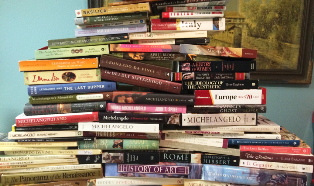
* * *
Thanks for writing! If I didn’t answer your question here, you probably got an email from me. I like hearing from you, so keep those thoughts coming! Feel free to use the Contact Me form to reach out.
__________________________________________________________________
UPDATES: ** Work progresses on the new book, LOVE AND BLOOD. I took some time off to be sure I was going in the direction I planned and I’ve been working steadily since mid-February.

**I’m also doing work on some “vignettes” — short “moments” that take place inside stories that don’t make it into books or character insights that are simply fun and not valuable in the main stories. These partial mini-stories help to understand characters and put some events into context. I would like to have these out this year, too.
**Don’t forget to follow me on Instagram. Every Monday I showcase a new pen. I see a book coming on my pens after a year of them (they end late summer, so it will be late this year or early next year for the picture book).
**FACEBOOK LIVE! The monthly chat will Mar 24. Don’t miss out on the fun. I’m giving away some goodies.
As always, thanks for coming by.
I remain, Yours Between the Lines,
Sherry















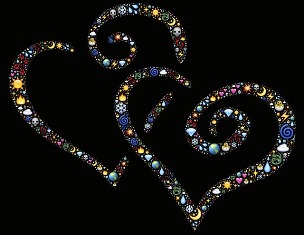

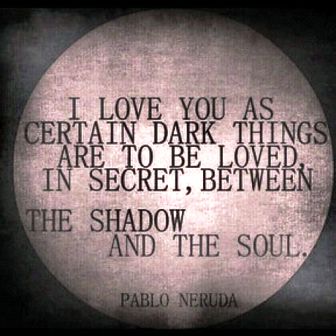
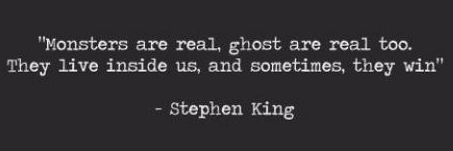

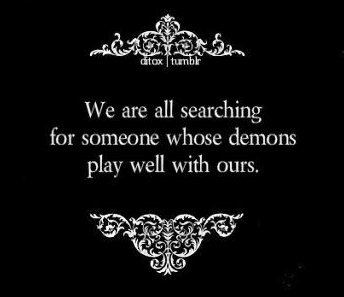

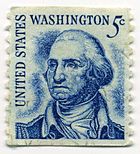
![1001_lrmp_04_o1984_chevrolet_caprice_classicseats[1]](https://www.sherryrentschler.com/wp-content/uploads/2018/01/1001_lrmp_04_o1984_chevrolet_caprice_classicseats1.jpg)
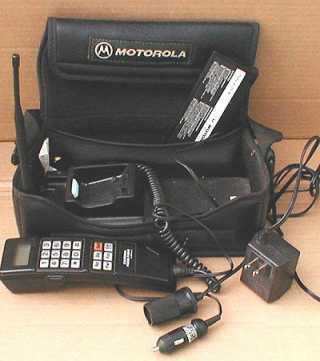
![sonywalkman79[1]](https://www.sherryrentschler.com/wp-content/uploads/2018/01/sonywalkman791.jpg)
![dennys-la-70[1]](https://www.sherryrentschler.com/wp-content/uploads/2018/01/dennys-la-701.jpg)
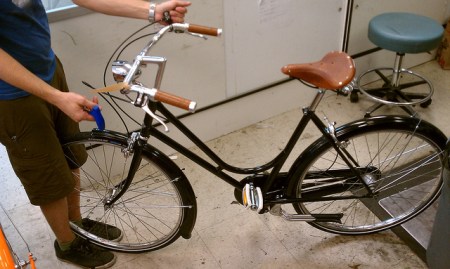

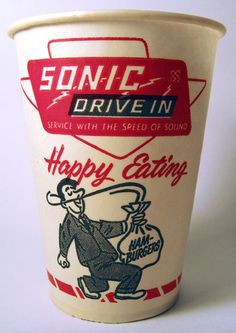 No one read labels because there weren’t labels like there are today. That is an innovation of the last decade. No one really cared. Ever.
No one read labels because there weren’t labels like there are today. That is an innovation of the last decade. No one really cared. Ever.